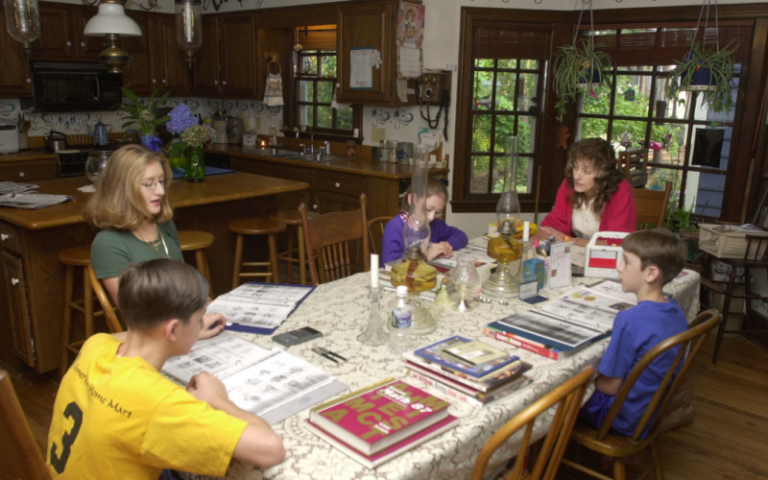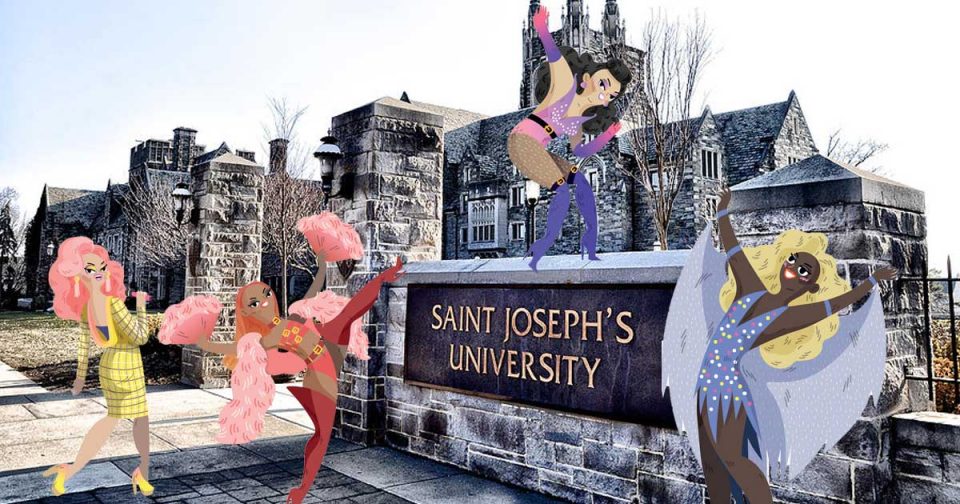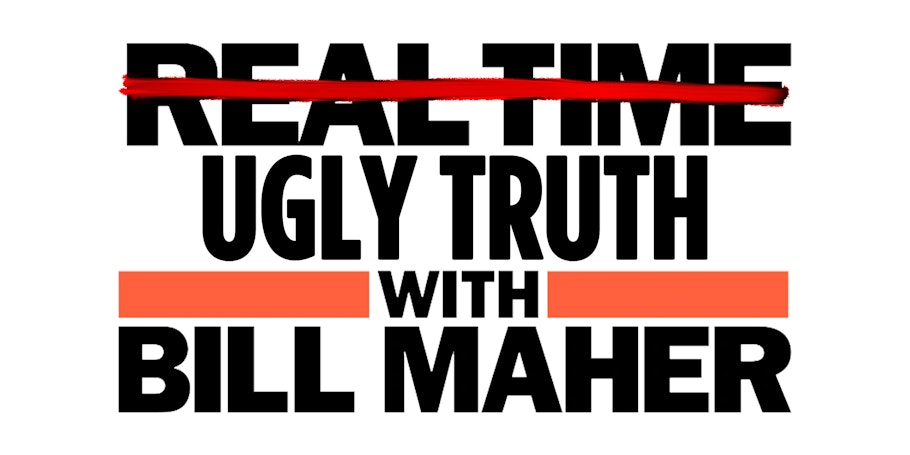The number is staggering, considering there is only one homeschooler for every 20 students in Catholic schools
Have you ever thought about what, exactly, a homeschool graduation entails? The only evidence I have is anecdotal, but it’s fresh: I attended one just last week. It was held in St Joseph’s Cathedral in Manchester, New Hampshire, with Bishop Peter Libasci celebrating.
The Baccalaureate Mass was more or less the entire ceremony, with the children’s choir (also comprised largely of homeschool kids) singing in Latin. When the Mass was finished, an official from Catholics United for Home Education handed out the diplomas. The graduates and their families retired to the parish hall for a potluck dinner, and – well, that was it.
With summer now in full swing, grad season is coming to a close. Many readers might feel sorry for the students. In America today, high school graduations rank second only to weddings in terms of pomp and circumstance. There are hours of speeches and distributing of awards before the diplomas make an appearance, followed by catered meals and (of course) cigars. To place the Mass at the centre of the ceremony might rub us up the wrong way. This is about them, after all – the students. It’s about celebrating their achievement. They’re about to begin the “next chapter in their lives” – that chintzy but ubiquitous phrase.
Yet the statistics suggest that faith-based homeschooling has a crucial role in producing vocations. Data from a 2017 survey by the Center for Applied Research in the Apostolate (Cara) at Georgetown University shows that nearly one in 10 young men in formation for the priesthood in the US were homeschooled. That’s a staggering number, considering there is only one homeschooler for every 20 students in Catholic schools. Nor is this an essentially Catholic medium: 95 per cent of homeschoolers are Protestant.
Why the disparity? I asked Mary Ellen Barrett, a columnist for the Long Island Catholic and popular speaker on home education. “Homeschooling has been producing more vocations than brick-and-mortar schools because it affords parents the freedom to share their faith with their children in a very practical and down-to-earth way,” she told me. “Catholicism isn’t a Sunday thing for Catholic homeschooling families – it’s an all day, every day thing that includes devotions, prayers, service to the poor and political action. In that atmosphere, it’s much easier for young men and women to hear God’s call.”
Again, this may sound extreme to outsiders. Homeschooling families are often accused of isolationism. To be sure, home education can be used (or abused) as the ultimate form of helicopter parenting. This is especially tempting for devout Catholics: we can seal off our children from the modern world and raise them in a bubble lined with statues and smelling of incense. A sceptic might say: of course there are many vocations, since children who know nothing except homeschool and Mass are likely to become homeschool parents themselves, or else enter the priesthood or religious life.
And if we’re going to be frank, we all know a priest who seemed to stumble into his vocation. He doesn’t have much of a gift for preaching and seems to struggle through the Mass. An isolationist approach to home education could make such vocations-by-default more likely.
But homeschoolers are aware of the risks – and not only to their children, but also to the Church. In 2009 Dr William Edmund Fahey, the president of Thomas More College and a homeschool father, wrote an essay for Crisis Magazine laying out a “Just War Theory of Homeschooling”. The idea that homeschooling is the ideal form of Catholic education “is inherently dangerous,” he wrote, “because it may go against what our entire Western tradition and the Catholic Church herself teach about the education of the young – that education should not be done in the home, at least not for long, except during a time and place of crisis.”
Education is supposed to be communal. So homeschoolers must be especially careful that their children are prepared to engage with the world as it exists outside that 10-minute drive between one’s house and the local parish. As children aren’t socialised in the classroom, which is the ideal, their parents must take greater pains to introduce them to a larger sense of community.
But this, too, can have a religious dimension. Many have pageants for major feast days. I went to an Easter festival this year led by several homeschooling families. There was a pig roast, dancing, pipe-smoking, and (moderate) beer-swilling – all interspersed with prayers and hymns. It was good, old-fashioned, Catholic fun.
If any priests, monks or nuns come from that group, they won’t be stereotypically paranoid, socially awkward homeschooled kids. Rather, they will have been steeped in Catholicism – religiously, intellectually, and culturally – and so better able to hear God’s voice when He calls them. Their faith will be holistic and, better yet, joyful. What better solution to the “vocations crisis” could we ask for?
http://catholicherald.co.uk/commentandblogs/2018/06/16/why-1-in-10-new-priests-in-the-us-come-from-homeschooling-families/







